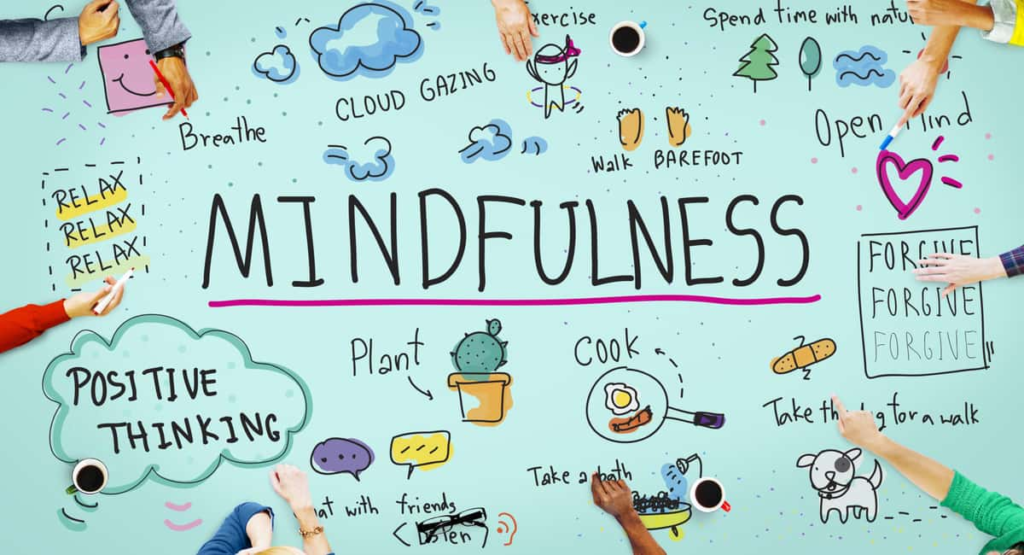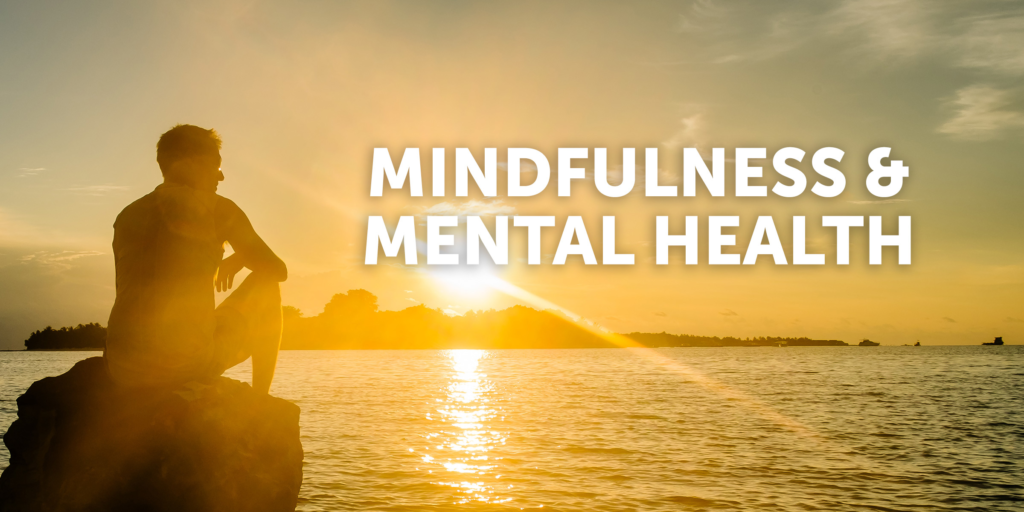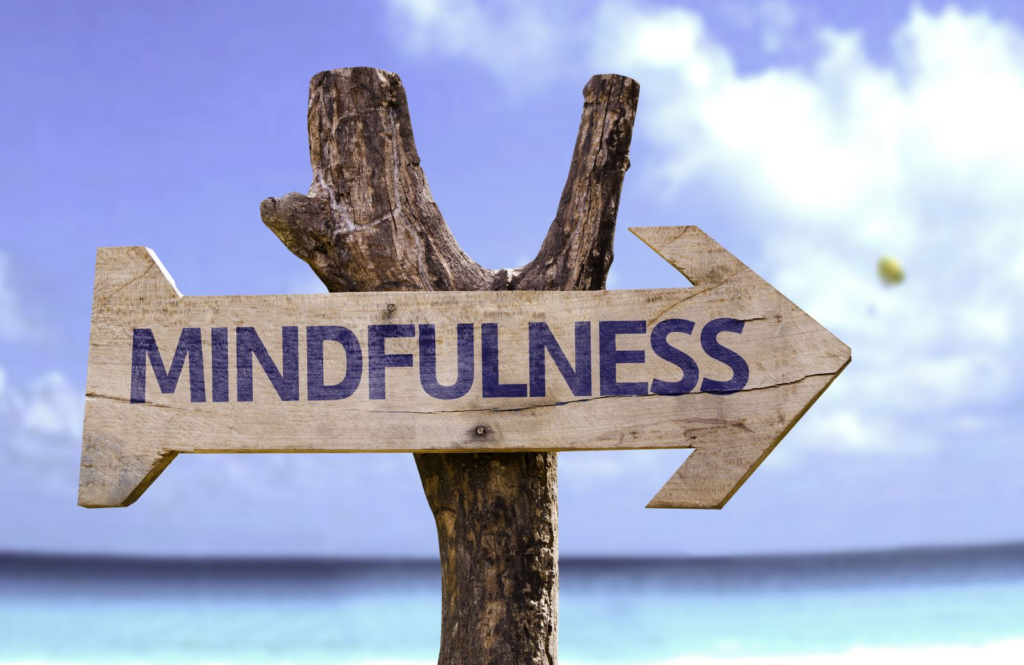
In today’s fast-paced world, our minds are often racing, constantly bombarded by thoughts and worries. Mindfulness, the practice of being present and fully engaged in the current moment, offers a powerful antidote to this mental chaos. By cultivating mindfulness, we can enhance our overall well-being, reduce stress, and improve our quality of life. In this article, we will explore how to strengthen mindfulness through a holistic approach that encompasses physical, mental, and emotional health.
Understanding Mindfulness: Beyond Meditation
Mindfulness is often associated with meditation, but it extends far beyond sitting in a quiet room with crossed legs. It’s about bringing awareness to our thoughts, feelings, and sensations as they arise in the present moment, without judgment or attachment. By practicing mindfulness, we can develop a greater sense of self-awareness and inner peace.
The Pillars of Mindful Living
To cultivate a strong foundation of mindfulness, we can focus on the following key areas:
1. Physical Health:

- Nourishing Your Body:
- Mindful Eating: Pay attention to the taste, texture, and smell of your food. Eat slowly and savor each bite.
- Regular Exercise: Engage in physical activities that you enjoy, such as yoga, walking, or dancing. Focus on the movement of your body and the rhythm of your breath.
- Adequate Sleep: Prioritize quality sleep to allow your mind and body to rest and rejuvenate. Create a calming bedtime routine to wind down before sleep.
2. Mental Health:
- Mindful Meditation:
- Guided Meditation: Start with guided meditations to learn different techniques and focus your attention.
- Mindful Breathing: Pay attention to the rise and fall of your breath. Focus on the sensation of the air entering and leaving your nostrils.
- Body Scan Meditation: Bring your awareness to different parts of your body, noticing any sensations or tension.
- Cognitive Behavioral Therapy (CBT):
- Challenge Negative Thoughts: Identify negative thought patterns and replace them with more positive and realistic ones.
- Mindful Self-Compassion: Practice self-compassion by treating yourself with kindness and understanding.
3. Emotional Health:
- Emotional Awareness:
- Identify Emotions: Pay attention to your emotions and label them accurately.
- Accept Emotions: Allow yourself to feel your emotions without judgment.
- Express Emotions Healthily: Find healthy ways to express your emotions, such as journaling, talking to a friend, or engaging in creative activities.
- Mindful Communication:
- Active Listening: Pay full attention to the speaker, without interrupting or formulating responses.
- Empathy: Try to understand the other person’s perspective and feelings.
- Assertive Communication: Express your needs and desires clearly and respectfully.
4. Spiritual Health:

- Mindful Connection with Nature:
- Spend Time Outdoors: Connect with nature by spending time in parks, gardens, or forests.
- Mindful Walks: Pay attention to the sights, sounds, and smells of nature.
- Nature Meditation: Focus on the natural world around you, such as the rustling of leaves or the flowing of water.
- Mindful Practices:
- Yoga and Tai Chi: These practices combine physical movement, breathing exercises, and meditation.
- Qi Gong: This Chinese practice involves gentle movements, breathing exercises, and meditation.
Incorporating Mindfulness into Daily Life
To make mindfulness a part of your daily life, try these simple tips:
- Mindful Eating: Pay attention to the taste, texture, and smell of your food.
- Mindful Walking: Focus on your steps, the rhythm of your breath, and the sensations in your feet.
- Mindful Listening: Give your full attention to the speaker and avoid multitasking.
- Mindful Work: Break down tasks into smaller, manageable steps and focus on one task at a time.
- Mindful Leisure: Engage in activities you enjoy, such as reading, painting, or playing music.
Remember, mindfulness is a journey, not a destination. Be patient with yourself and celebrate your progress, no matter how small it may seem. By consistently practicing mindfulness, you can experience a profound transformation in your overall well-being.